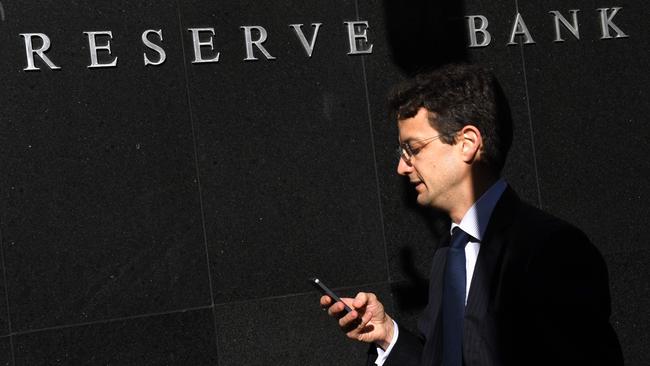Reserve Bank of Australia concerned about housing, debt risks
RBA minutes suggest it will leave interest rates unchanged this year, amid concerns over the property market.

The minutes from the Reserve Bank of Australia’s latest policy decision suggest the central bank will leave interest rates unchanged this year as it balances concerns over the frothy property market and a desire to support the economy and nudge inflation toward its target.
Record-low interest rates, currently at 1.5 per cent, are fanning a property boom in Australia’s major cities, driving household debt levels to record highs.
The housing-market concerns limit the RBA’s leeway either to cut or raise rates: lowering rates to boost growth would add fuel to the overheating market, while lifting them to curb inflation could topple it.
The jobs market also remains a source of concern. Australia’s unemployment rate rose to a higher-than-expected 5.9 per cent in February from 5.7 per cent in January, official data last week showed. New jobs being created in the economy are mostly part-time, keeping a lid on wages growth.
“Domestic wage pressures remained subdued and household income growth had been low, which, if it were to persist, would have implications for consumption growth and the risks posed by the level of household debt,” Governor Philip Lowe said in the minutes of the central bank’s March 7 meeting, published today.
Policymakers are signalling they could do more to cool the local housing market by tightening lending standards if the impact of existing measures lessens.
Treasurer Scott Morrison has held talks with banking regulators over tighter restrictions on interest-only loans for people buying homes as an investment, rather than a place to live.
“A couple of years ago, at the end of 2014, the prudential regulators took action to curb the rate of growth in investor lending and those measures have been recognised, not just here but around the world as having been quite effective,” Mr Morrison told reporters yesterday.
Dow Jones Newswires






To join the conversation, please log in. Don't have an account? Register
Join the conversation, you are commenting as Logout